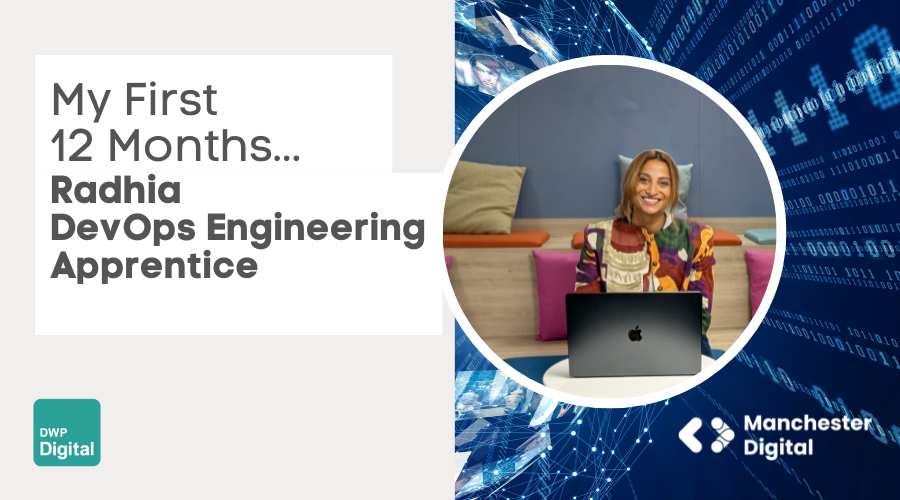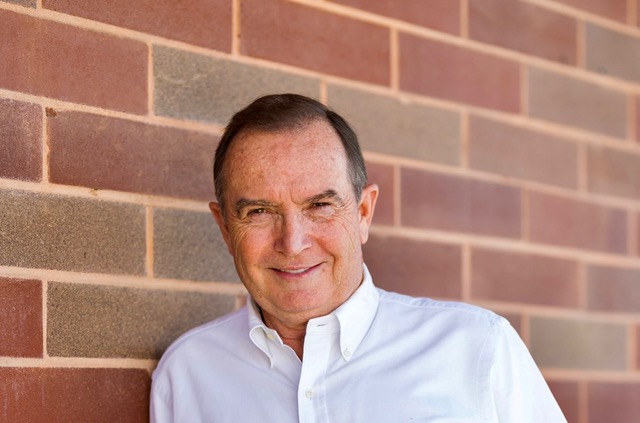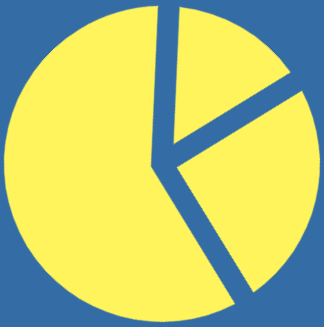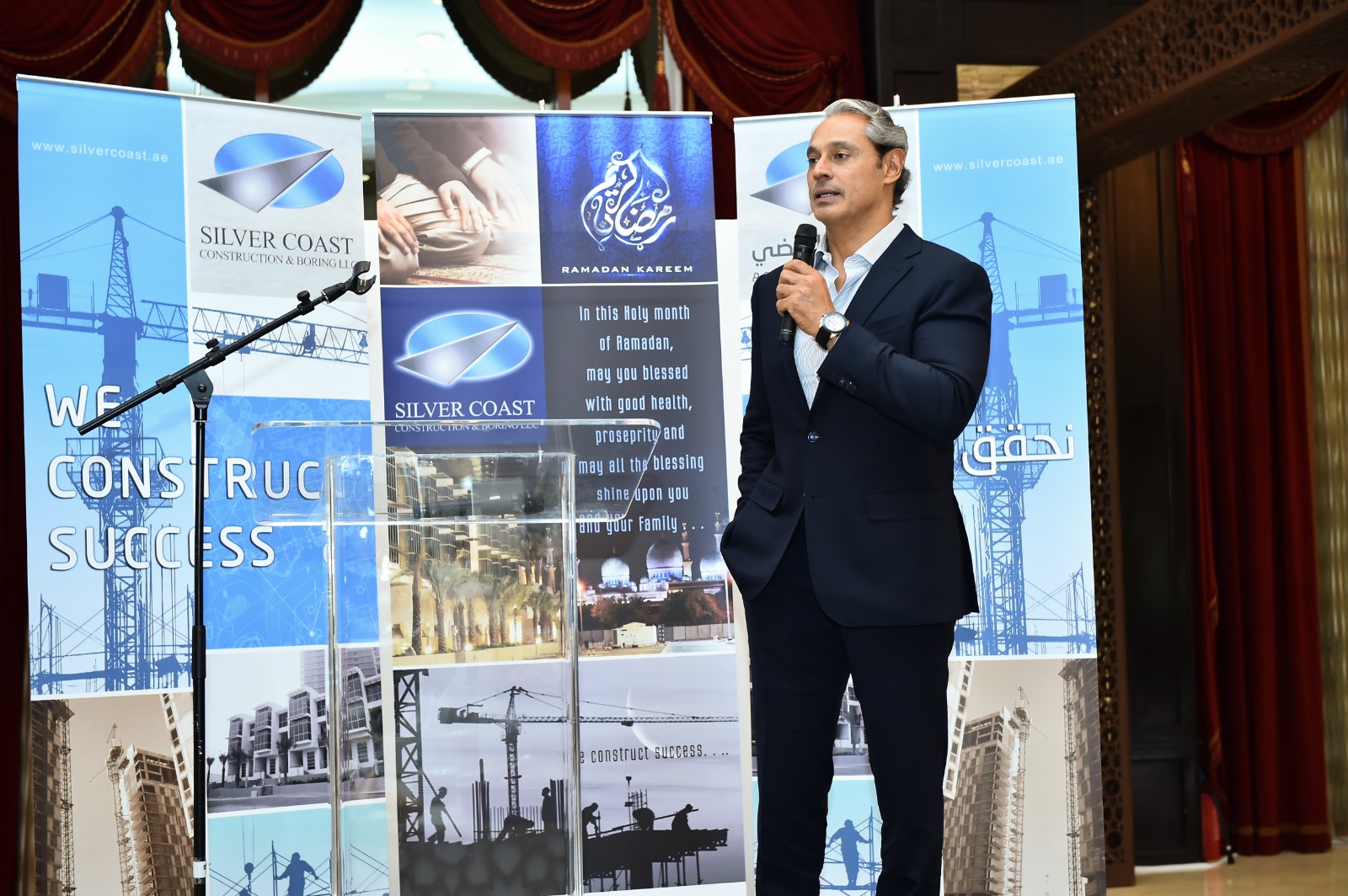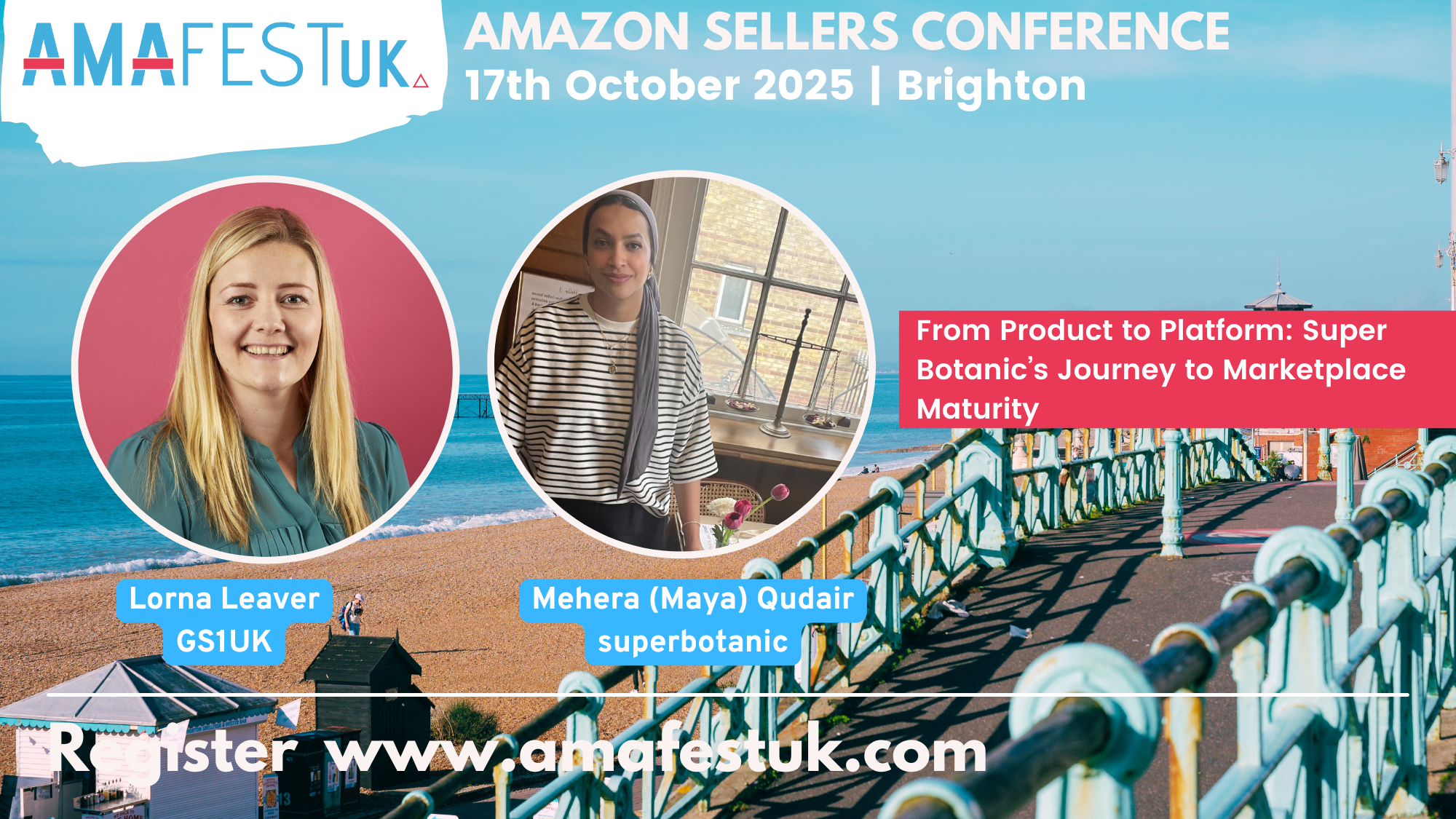Marketers have tapped the vast universe of startups in many ways, but Unilever's year-old Foundry program may be the most comprehensive and systematic effort yet, as the company has vetted 3,000 startups in marketing, research and data science in its first year.
Another major piece of that effort unfolds June 25-26 during the Innovation Lions, a "festival within a festival" during the Cannes Lions International Festival of Creativity. Unilever will introduce its Foundry50, which it deems the world's top 50 marketing-tech startups, to the assembled masses of agency and marketer delegates. Many will have a chance to meet the 50 through prescheduled pitches and speed-dating sessions. At press time, a few slots for agencies and their clients remained.
Unilever drew 300 entries for the Foundry50 in March and April, said Jeremy Basset, global marketing ventures director, who leads the effort. Mr. Basset has been working on the Foundry from its inception, in May 2014, under former Senior VP-Marketing Marc Mathieu, who left for a marketing post at Samsung earlier this month. He has been replaced on the Cannes speaker roster by Luis Di Como, Unilever senior-VP global media.
The Foundry isn't just a contest, nor is it an incubator or accelerator, though it works with some, such as Collider in the U.K. Nor is it a venture-capital fund, though Unilever has one of those too. It's really more of a conduit linking Unilever brands with startups, and now through Foundry50, also making the fruits of its efforts available to the broader marketing world.
"The reality is that the more the marketing industry can get behind startups, pilot with them, partner with them and help them scale, the faster not only will Unilever be able to invent the future, but so will the industry," Mr. Basset said. "It's good for the industry. It's good for us as marketers."
The Foundry may just have the world's most exhaustive database of marketing-tech startups, at least outside the email archives of ad-tech reporters. Even before the Foundry50, Unilever already had been contacted by thousands of startups thanks to prior work vetting them for pilot projects or waves of entries from previous contests, Mr. Basset said.
"It's not purely about improving our database," Mr. Basset said of the contests. "It's really about genuinely giving startups a platform to scale up not only with Unilever but also with the industry. We want to inspire more startups in this area, get behind them and help them."
Foundry50 is by far Unilever's biggest such effort to date, he said. "With the number of startups participating and the number of industry representatives, I think it's unprecedented for us but also for the industry."
Unilever's right to play in the area comes from being the world's second-largest advertiser (behind Procter & Gamble Co.), with 7,000 marketers who can bring expertise to startups, of which 300 have been designated as "mentors" for startups, he said.
"And then we've got a healthy balance sheet," he said, and Unilever Ventures, a venture-capital arm that also can make investments. While most of the portfolio of Unilever Ventures, launched in 2002, has been in product-related brands or technology, it has had some marketing-tech investments over the years, including mobile ad-tech firm Brandtone, online-recipe platform Yummly, and U.K. market-research firm Brainjuicer, which went public in 2006.
Having heard from 3,000 startups, "We've said no a lot more than we've said yes," Mr. Basset said. "But we've said yes to over 60 of the companies. We're actively piloting with 60, and on 28 of those occasions we've already said yes to working with them a second or third time."
With so much real work having been spawned in a year, he said, "It's safe to say this is not a PR stunt or interesting competition. It's really putting startups at the heart of how we do innovation."
SOURCE: AdAge

